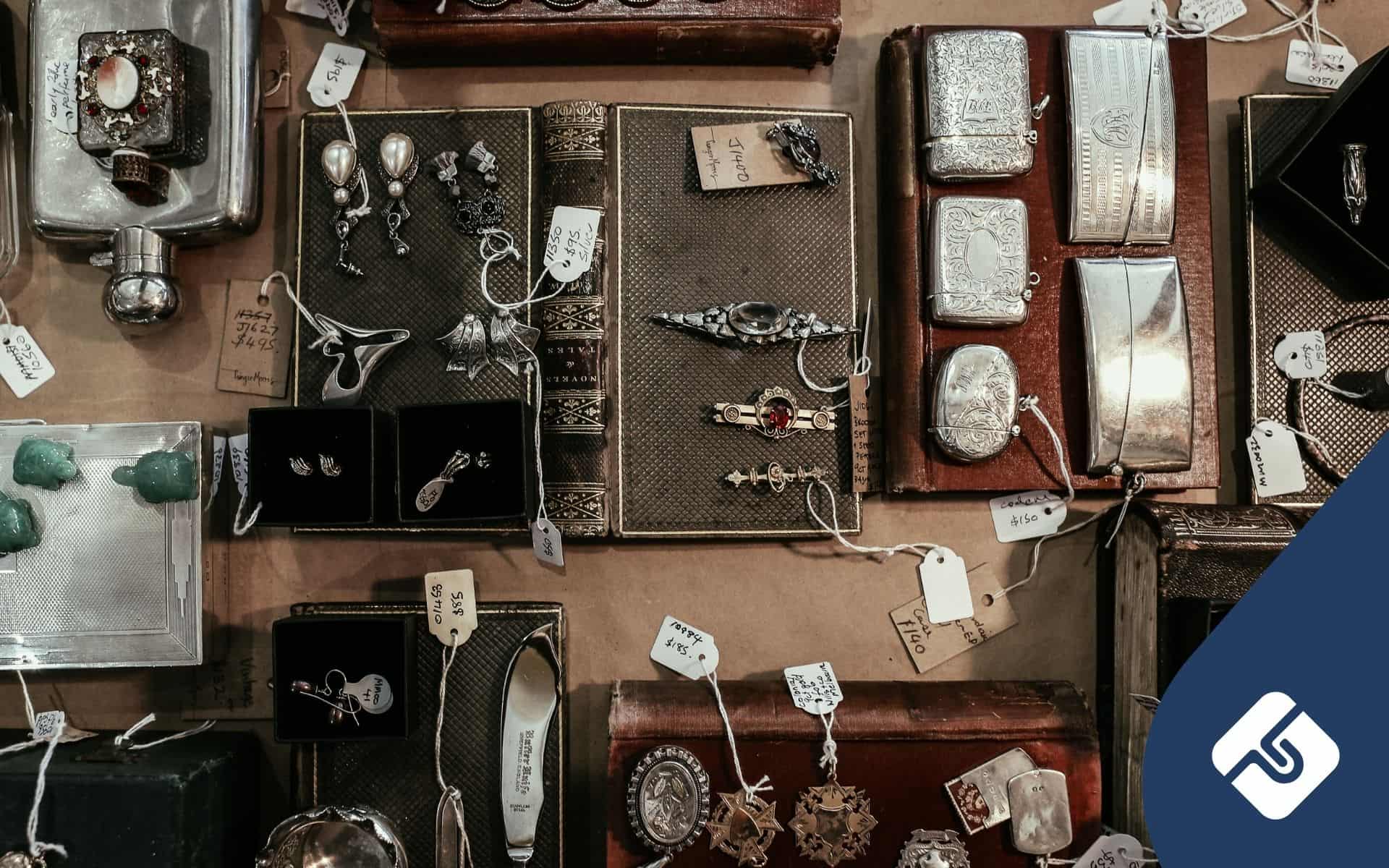Sydney-based lawyer at Nyman Gibson Miralis. Formerly Legal Intern at Lawpath.
Starting your antique shop
Picking the right type of business structure for you and your antique shop is crucial. This will determine the licenses you require, the tax you will pay and how much control you have over the business. There are many types of business structures within Australia whether you’re by yourself as a sole trader or engaged in a partnership with a business partner. Talking to a business lawyer is a great way to ensure you pick the best structure that suits you and your antique shop the best.
When the time is right, before you can legally become an antique retailer you will first need to register for an Australian Business Number (ABN). An ABN allows you to be identified by and interact with other businesses. It is also a necessary requirement by the government for tax and administration purposes before you start trading.

Start your ABN application in minutes!
Need an Australian Business Number to start a casual job? We've got you covered.
How to sell your Antiques
Starting an antique shop requires a retailer to stock an inventory that is well sought after. Also being able to turnover stock and make sales will ensure your antique store can keep growing. Therefore the more you understand the different selling options available, the easier it’ll be for your business to succeed. Here are some different ways you can make your inventory available to your target market.
eBay and Etsy
Etsy and eBay are a great market places for your products. Creating a store profile on these platforms can help generate sales as well as show off your range. Building a strong inventory will dictate how successful your sales are on these platforms. So a strong foundation of market research before endeavouring into selling will help you source your inventory. This will ensure you put the right products up for auction or sale and generate demand.
Online store
Once you’ve built an inventory starting off as an online retailer is an inexpensive option for getting off the ground. An online Shopify store gives you a space for your products to be browsed by collectors. Having an online store accompanied with a shopfront widens your access to consumers. This is something that every good antique retailer should master. The value e-commerce brings to a business’s sales helps with cash flow and allows the business to expand. You will always be selling or acquiring new items so having constant cash flow is necessary for managing your business.
Market Stall
A stall at your local antique markets is one phone call away. Make sure to get in touch with event organisers in your local area. A market stall is a great way to get initial exposure to person to person selling. This will allow you to feel out your target market and gain exposure. This is also a great supplement for if you plan on opening a shop front. A market stall allows you to escape your location and find new customers. These new customers can be directed to your Antique shopfront or online space, so make a good impression.
Shopfront
Opening a shop front is advisable only when you have built a large inventory. The costs of leasing a commercial space, getting the necessary displays and systems in place is costly. The location of the shopfront is also important. Having a store in a tourist hot spot or somewhere with busy foot traffic is advantageous. Getting in touch with the right real estate agent and visiting as many potential sites will help you decide on the right spot.
Picking your store’s theme
A consistent idea of your Antique store is essential. The type of antique retailer you decide to be lays the foundation for the type of client you will be attracting. It’s always good to plan your store’s concept before going ahead and finding your inventory. This could be whether you chose to stock expensive or inexpensive pieces or pieces from a certain time period. Having a clear concept of what your store is will help you find your target market efficiently.
Picking a name and most importantly a logo will help define your store within the industry. Protecting this is vital so registering your business name and trademarking your logo is something every antique shop owner will need to do.
Don't know where to start?
Contact us on 1800 529 728 to learn more about customising legal documents, obtaining a fixed-fee quote from our network of 600+ expert lawyers or to get answers to your legal questions.






